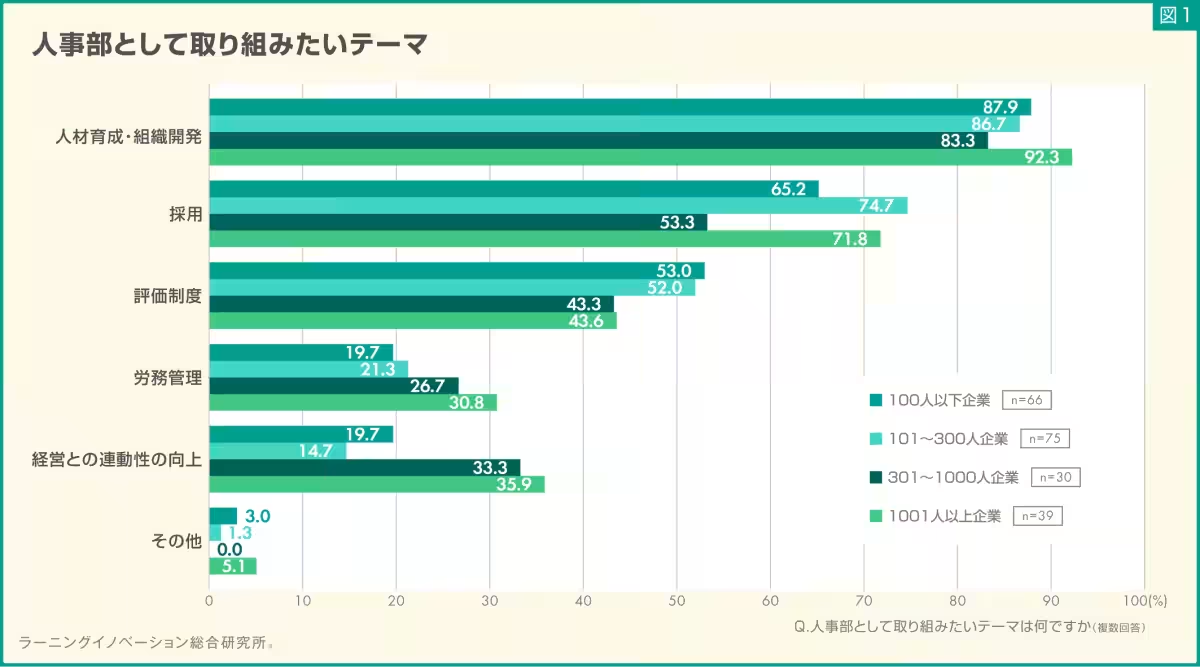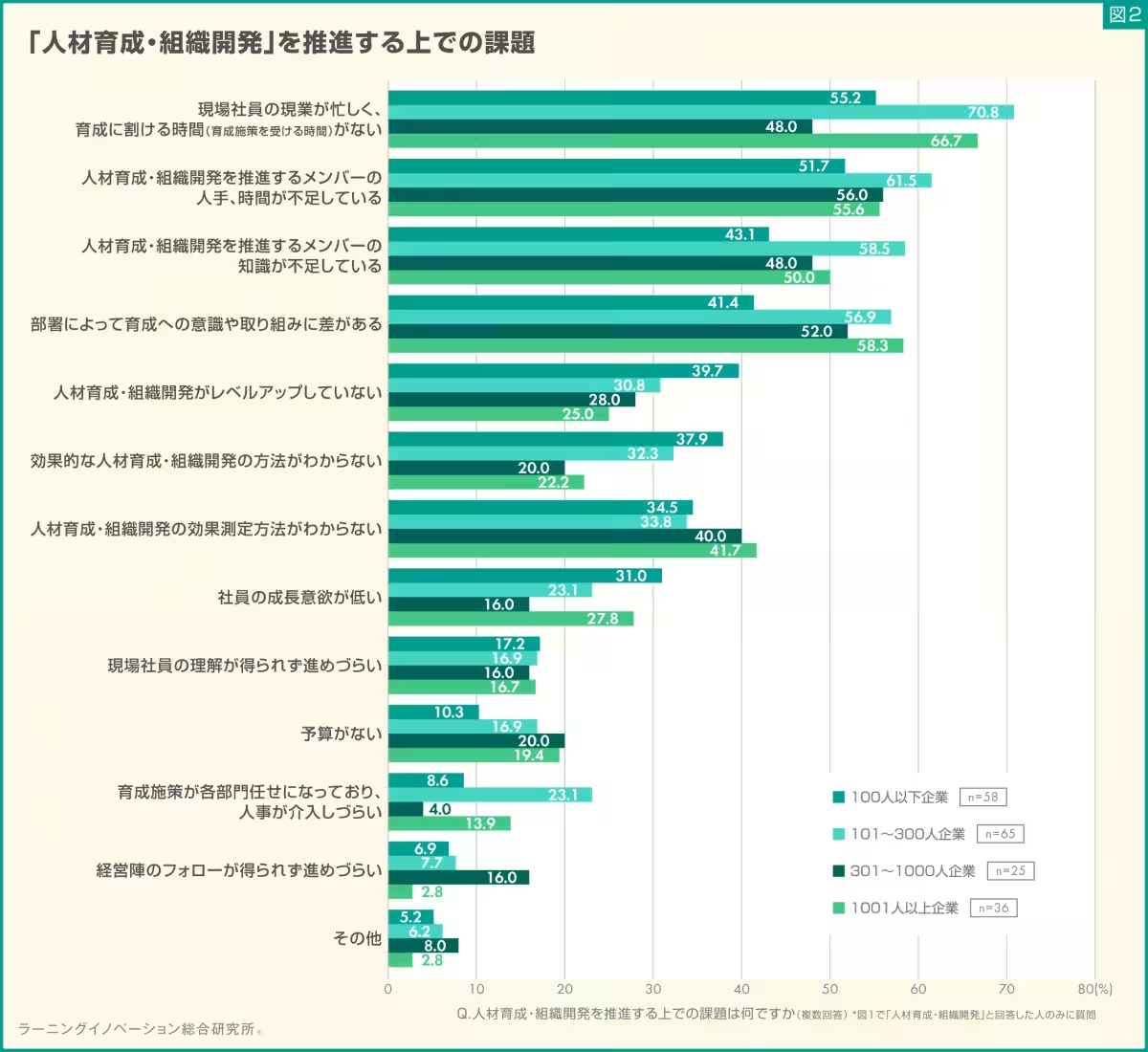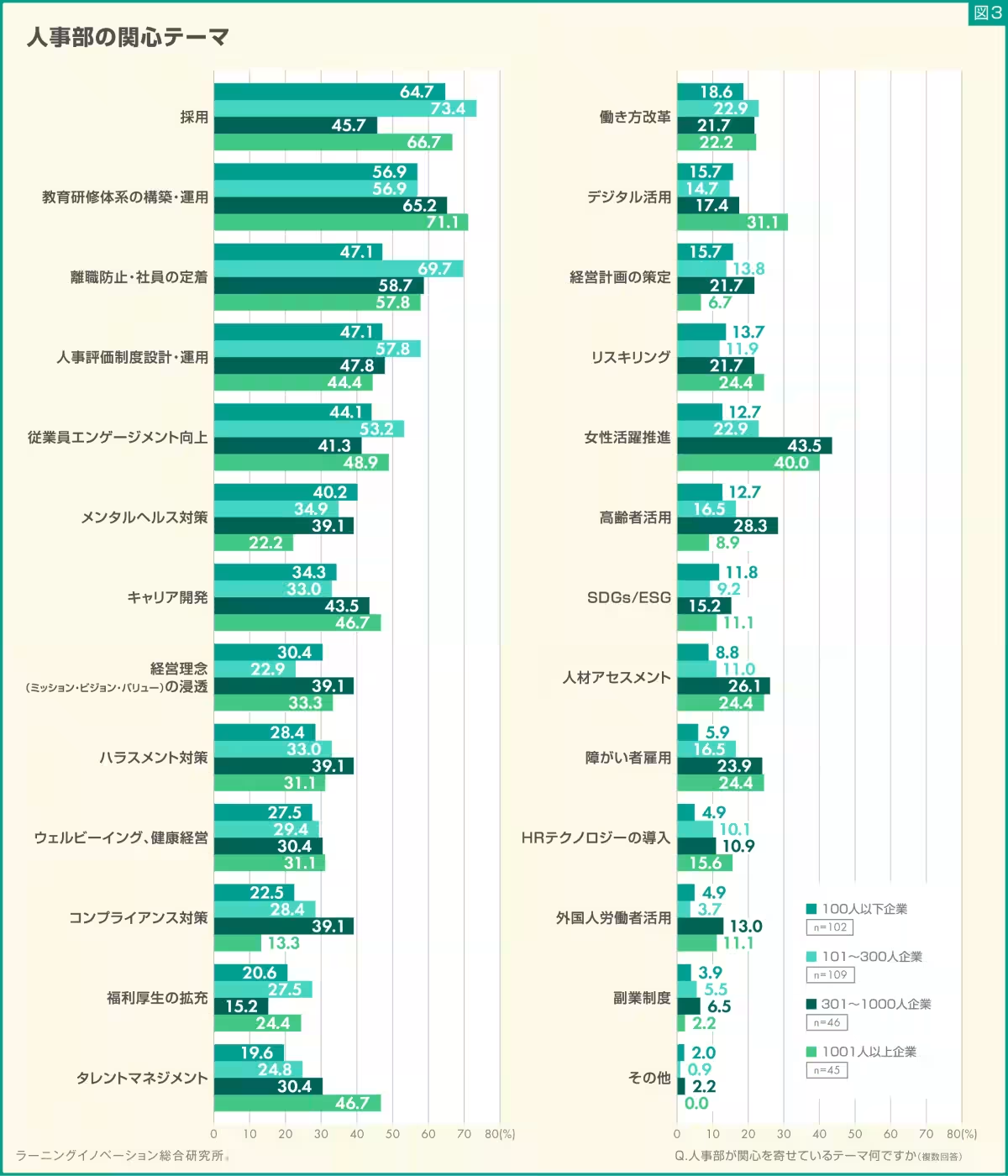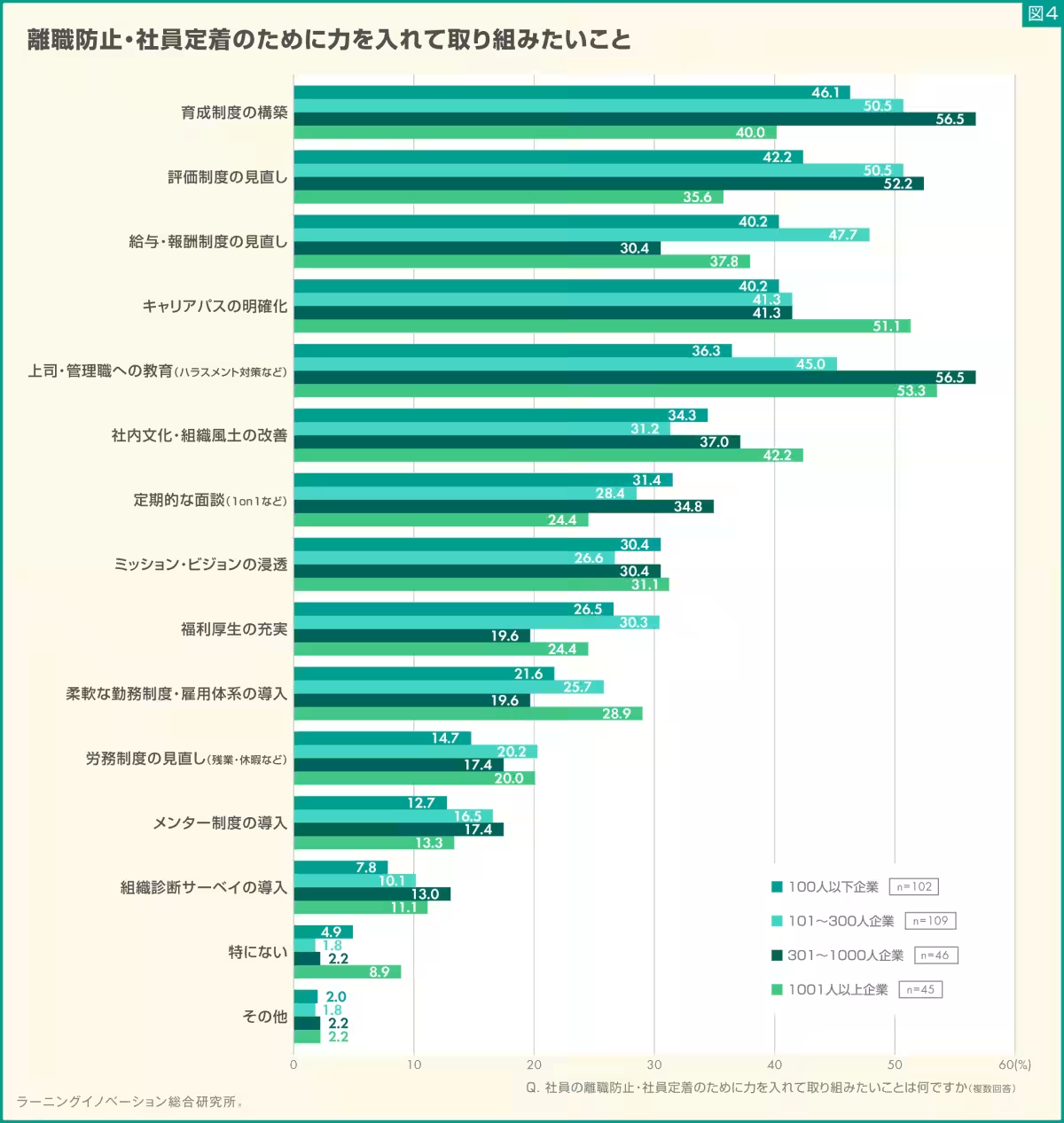

Significant Insights from HR Survey on Employee Retention Strategies in Large Corporations
Insights from the HR Awareness Survey on Employee Retention Strategies
In an upcoming survey conducted between October 2024 and February 2025 by ALL DIFFERENT Co., Ltd., a consulting firm based in Tokyo, and the Learning Innovation Institute, a careful examination uncovered crucial information regarding corporate human resources. Targeting 302 human resources leaders and personnel, the survey sheds light on the pressing issues affecting employee retention and the strategies enterprises plan to implement to support sustainable organizational growth.
The Background
According to a recent report by Tokyo Shoko Research, the number of corporate bankruptcies in Japan in 2024 surpassed 10,000 for the first time in 11 years, largely due to economic fluctuations driven by the post-COVID era's rapid technological advancements, persistent inflation, and the ongoing impact of tariffs. Companies are compelled to adapt, making the necessity for securing top talent and maximizing skills non-negotiable.
Overview of the Survey Results
1. Top Theme of Interest: The survey indicates that the foremost topic HR departments wish to focus on is “Talent Development and Organizational Development,” with 90% of large enterprises (1,001 employees and above) responding positively. Notably, the study revealed that the absence of necessary resources, including the lack of time for both employees and team members, ranks high among challenges.
2. Challenges in Pursuing Talent Development: Almost 80% of HR personnel expressed a desire to prioritize talent and organizational development, yet many face significant obstacles. For organizations with 100 employees or fewer, the primary concern was a shortage of time for training; similarly, larger firms highlighted the lack of manpower for executing development initiatives effectively.
3. Differences in Interest by Company Size: Smaller companies (300 employees or fewer) prioritized recruitment, while mid-size to large companies focused on establishing and maintaining training frameworks. The results also highlighted significant interest in areas like talent management and employee well-being among larger organizations.
4. Preventing Employee Turnover: Strategies to mitigate turnover varied with company size. Smaller firms leaned towards developing and revising development frameworks. In contrast, larger firms emphasized the education and training of managerial staff, particularly concerning harassment prevention.
Detailed Breakdown of Key Findings
To delve deeper, the survey analyzed responses based on company size, revealing the unique challenges faced by different organizations.
1. Smaller Companies (1-100 Employees)
For smaller enterprises, a lack of time dedicated to employee development emerged as a major issue, specifically related to the busy schedules of frontline staff. Many reported needing insights into effective training methods as they felt their current approaches lacked innovative strategies.
2. Mid-sized Companies (301-1000 Employees)
Within this group, HR professionals reported that differences in commitment and focus on employee training among various departments are notable impediments. Here the push for unified training systems across departments to bolster consistency and effectiveness became apparent.
3. Large Corporations (1001+ Employees)
Large organizations demonstrated an overwhelming eagerness towards fostering talent and organizational strategies, with over 90% expressing a commitment to enhance training for both employees and managers. Noteworthy was their interest in integrating comprehensive health management practices within their HR frameworks.
Conclusion
The findings of this survey underline a prevalent commitment among HR leaders to improve talent development and organizational growth, alongside highlighting the nuanced challenges that vary with company size. These responses indicate that while the priorities may differ, the overarching need for effective workforce strategies is a shared concern. There’s a clear call for organizations to reassess their approaches ambitively to cultivate a more innovative, engaged, and supported workforce, bridging gaps in training and leadership effectively.
In summary, as the labor market continues to shift and evolve, understanding these dynamics will be crucial for organizations striving for long-term sustainability and employee satisfaction. The survey results present actionable insights that should guide HR strategies in addressing the burgeoning demands of the current workplace environment.







Topics Business Technology)










【About Using Articles】
You can freely use the title and article content by linking to the page where the article is posted.
※ Images cannot be used.
【About Links】
Links are free to use.